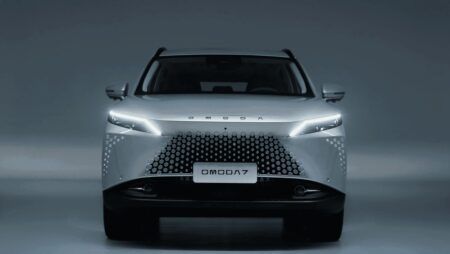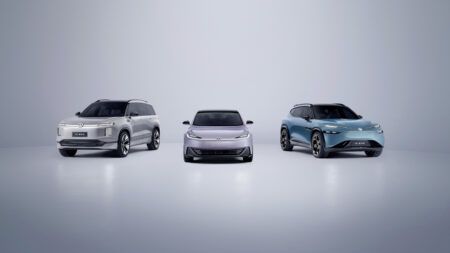The Prime Minister’s announcement about delaying the end of sale date for petrol and diesel cars from 2030 to 2035 will have a number of negative consequences, according to leading EV leasing company DriveElectric.
In his announcement about moving the 2030 date to 2035, Prime Minister Rishi Sunak was keen to stress that this change of decision was primarily taken due to the financial interests of families around the country. However, the running costs of electric cars are lower than those of petrol and diesel cars, the whole-life costs of EVs are already less in many cases, and the purchase price of EVs are forecast to be on par with petrol cars by around the middle of this decade.
Most significantly, the Prime Minister’s announcement ignores that urgent action is needed to tackle climate change, and deferring the move to zero-tailpipe vehicles delays action. Also completely overlooked is the issue of the UK’s air quality emergency – the faster the UK transitions to EVs, the less impact there will be on our health from air pollution from road transport.
The key message at the 2023 SMMT Electrified Conference, which took place in Westminster just two days before the Prime Minister’s announcement, was that the automotive industry needs certainty in order to plan ahead and invest in the UK. The certainty from the original 2030 ICE ban announcement resulted in companies such as Gidserve being able to secure investment more easily for expanding public charging in the UK. The certainty has now evaporated due to the PM’s change of date.
Linked to the 2030 date for the end of new ICE sales was the ZEV Mandate, which had been worked up by the Department for Transport to increase the percentage of EVs that manufacturers would have to sell in the UK leading up to 2030. Manufacturers such as Ford welcomed the proposed ZEV Mandate, which was due to be implemented from January 2024, but the proposals have been waiting for government sign-off for months, creating uncertainty for the industry, and Rishi Sunak made no mention of plans for the ZEV Mandate in his announcement.
The government has been making a lot of noise about the need for energy security over the last 18 months, however delaying the transition to EVs means that the UK is reliant on importing fossil fuels for longer.
Despite the government backtracking on its self-proclaimed climate leadership, DriveElectric believes that motorists will continue to make the move to EVs because they offer a better ownership experience, and the company remains committed to helping people make the transition and reach net zero. Rather than delaying the move to EVs, what is needed is more support from the government now to help private motorists speed up the switch to electric cars.
Mike Potter, Managing Director of DriveElectric, concludes: “Electric cars make sense financially because they last longer, need less maintenance, cost significantly less to fuel, and can cut electricity bills in half by using vehicle to grid technology. Such benefits also make EVs a much better buy for the second-hand market.”
DriveElectric is an electric vehicle leasing company that has been helping organisations and individuals to adopt EVs to save money, lower emissions and transition to low carbon energy since 2008. DriveElectric aims to make the switch to electric cars and vans simple for business fleets.





